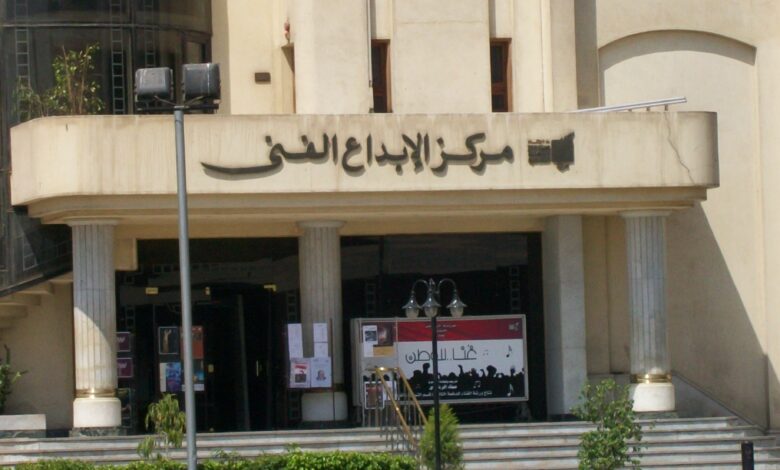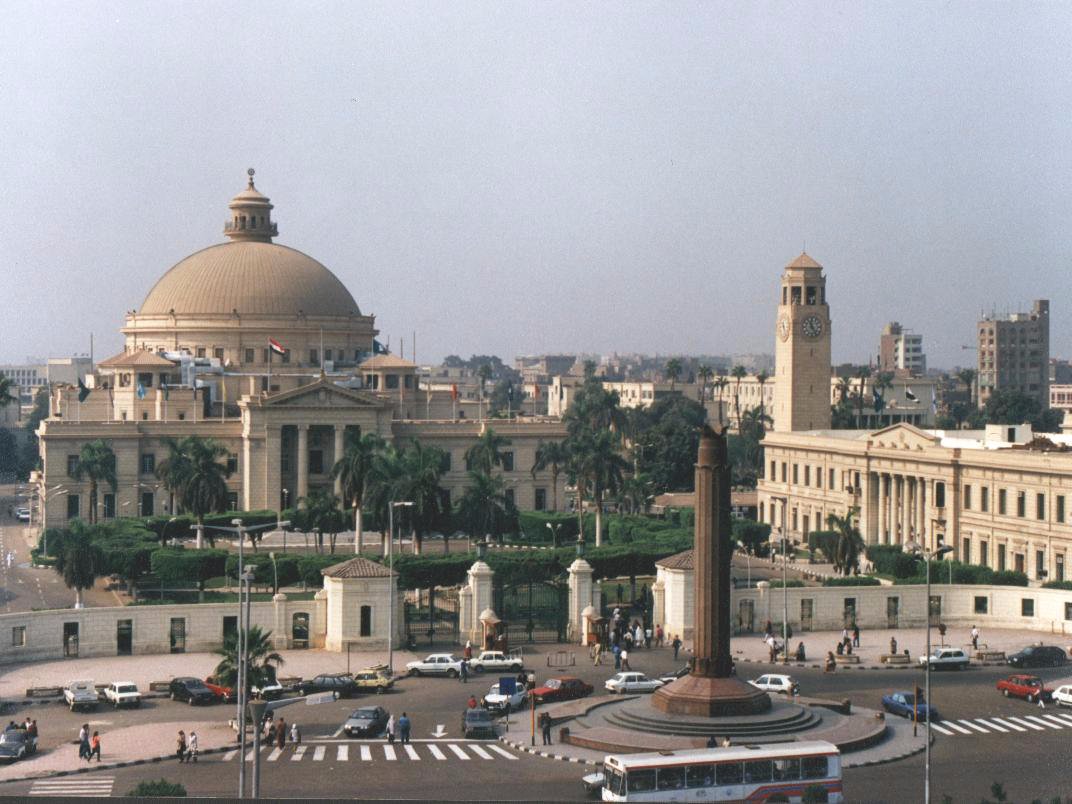
It has been over 20 years, and creativity still emanates from the Artistic Creativity Center, which first opened on August 27th, 2002.
This mini-cultural center has become the nucleus of an artistic cultural establishment that contributes to graduating young creative generations who present innovative experiences by using state-of-the-art technologies at the service of serious innovations.
It has since become a recognized cultural academy in Egypt and the Arab world and a role-model to be followed.
Many of the Arab states seek to achieve what the Artistic Creativity Center has achieved by graduating a generation that was not able to join universities and art institutions.
These artists have skills and the desire to polish those skills, and have only found the Artistic Creativity Center available for them to do so.
They not only learn the principles of the theatrical arts – they also learn the cultural nucleus.
The Cultural Development Fund took it upon itself to give the opportunity for these talented artists to study, as they were not able to join the academic education. Thus they built center and held many theatrical and artistic workshops under the supervision of the genius Khalid Jalal, who played his role as a seasoned academic.
Jalal holds basic workshops to train the actors through a curriculum that contains many artistic and theatrical materials.
That study was prepared for a certain number of weeks, followed by exams at the end of each workshop. At the end of each course, there is a theatrical work that is designed and implemented by the students to become a new nucleus in the world of art with new talents and faces.
Author’s biography
Nermine al-Houti is an associate professor of the Department of Criticism at the Higher Institute of Dramatic Arts in Kuwait.
She holds a PhD in Philosophy of Literary Criticism and is a graduate of the Higher Institute of Dramatic Arts.
Houti is a member of the Association of Writers and the Journalists Association, and is also part of the literary arbitration committees on theater or poetry in Kuwait and other Arab countries.
She has authored numerous newspapers and magazines articles and several books on significant theatrical works examining women’s issues, the latest of which is “The Women in Ismail Abdullah’s Theater”.
She has been chosen as a panelist in various significant cultural events and has participated in multiple seminars across the Arab region.




